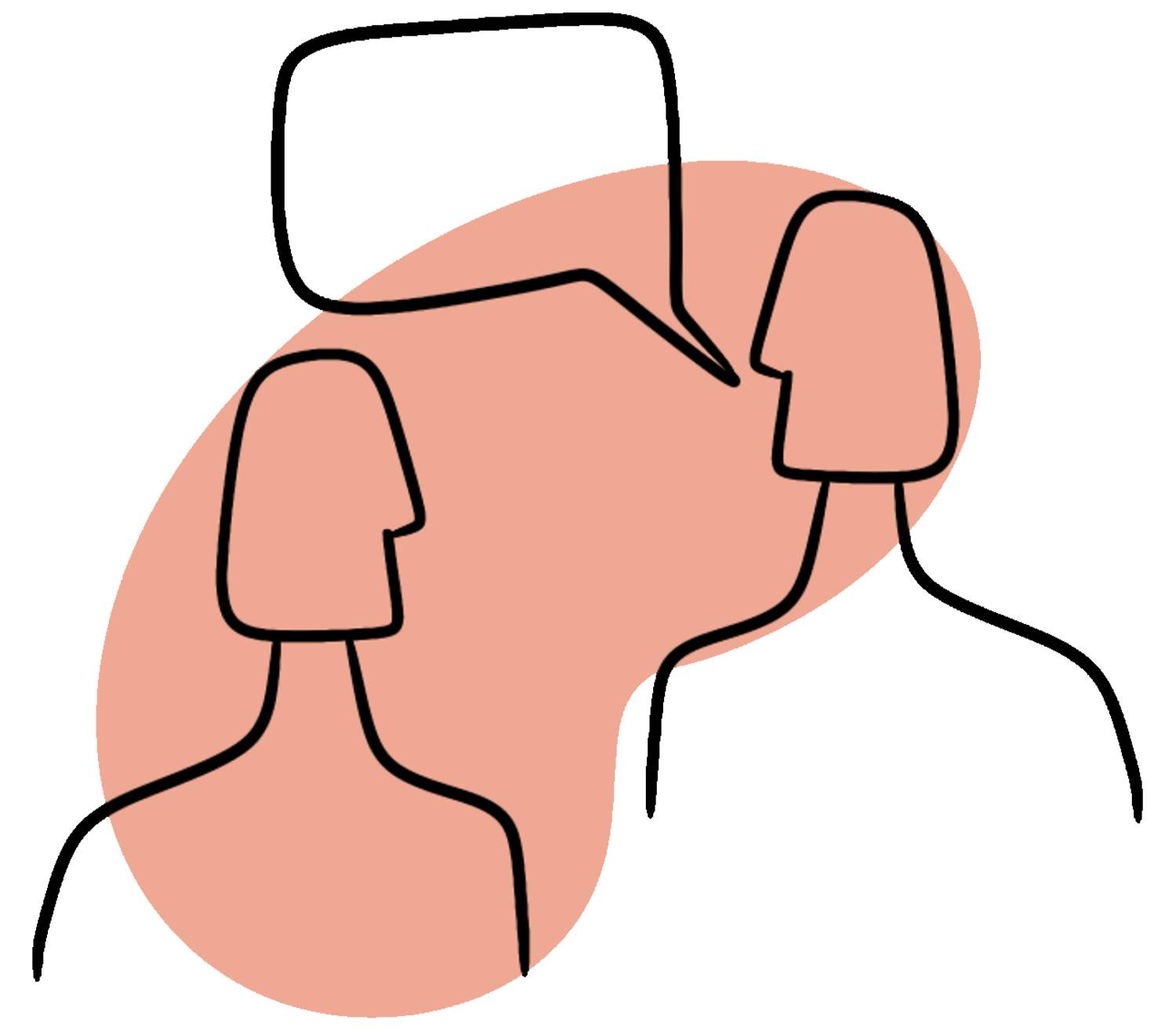When you’re writing, you eventually become text-blind. It gets difficult to recognize the strengths and weaknesses of your own writing. This is where feedback becomes essential – it’s one of the most important tools in the writing process. With regular feedback, your writing improves because you get better at seeing it from the reader’s perspective. Feedback also boosts your motivation to revise or continue writing.
To ensure unbiased evaluation, your supervisor will usually not read the entire text in advance. For this reason, examiners often choose not to hold final coordination meetings in the last three to four weeks before submission. Instead, you may be allowed to submit a sample for early review.
When revising your text, seek support from both subject experts and people outside your field. Fellow students, lecturers, or colleagues in companies can check for technical accuracy, logical consistency, and clarity of argument, while those outside your field can focus on readability and formal issues.

Give your feedback providers clear instructions about what they should focus on when reviewing your text. Clarify in advance when they have time and how much time they’ll need for the review. You should also ask in which format they prefer to receive your work – printed or digital.
- Create a supportive environment: Feedback works best face-to-face in a relaxed and confidential setting. If there’s already a trusting relationship, written feedback can also work well.
- Ask about feedback needs: It’s easier to give feedback when you know exactly what the person wants. Ask about the context – what is the text trying to achieve? What stage is the writer at?
- Start with something positive: It’s always nicer to hear something positive first. Every text has something that can be praised – content, spelling and punctuation, clarity, the research question, or the structure. Ending on a positive note is also helpful.
- Be specific: Feedback should refer to specific passages in the text.
- Offer alternative perspectives: Evaluate specific sections from your point of view. Clearly identify strengths and weaknesses.
- Use I-messages: Feedback is easier to accept when phrased in the first person, e.g., “I didn’t understand this part…”
- Share your feedback expectations: It’s easier for someone to give helpful feedback when they know what you’re looking for. Also outline the context – what is the goal of the text? What phase are you in?
- Be open but critical: Accept feedback as one perspective on your work. Be open, listen, and ask questions – but also question whether the criticism is fair. You don’t have to accept everything – you’re the writer, and you decide what to take on board.
- Ask follow-up questions: Take advantage of the fact that someone has read your text. Ask whatever you want to know – e.g., “What do you think of the title?”
- Don’t justify – but engage in discussion: Explaining orally what you meant to say is already part of revising. Talking is a precursor to writing – so use the opportunity to discuss your content and writing goals.
- Writing tutors: Mainly for cross-disciplinary, sample-based feedback. Possible focus areas: Is the line of argument clear? Is the wording understandable?
- Fellow students, lecturers, company colleagues: Mainly for subject-related content feedback, for instance: Is the research question appropriate? Have I cited the key literature?
- Friends and family: Mainly for language feedback. Maybe someone has a good grasp of spelling and punctuation?
- Why do I need feedback? Define focus areas: content, language, formatting, etc.
- When do I need feedback? Regularly, at key points, only at the beginning or end of the writing project – and by when?
- Whom should I ask for feedback? Feel free to ask different people for different tasks.
- When will I incorporate the feedback? Schedule writing time accordingly.
When is the right time to get text feedback?
The right time for feedback is almost always! You can get feedback on your research question, an outline, or drafts at any stage of writing. Most people wait too long – until they no longer have the time or motivation to revise. Get feedback during multiple phases of your writing process.
How do I give constructive feedback?
Stick to the feedback task, be specific, and always use I-messages.
What should I do if I get negative feedback?
Negative feedback can be hard to take. Best to sleep on it, put it aside for a while, then tackle it with a clear mind – which points are fair, what can you work with, where do you disagree?
This article was published in August 2025 and last updated in December 2024.







